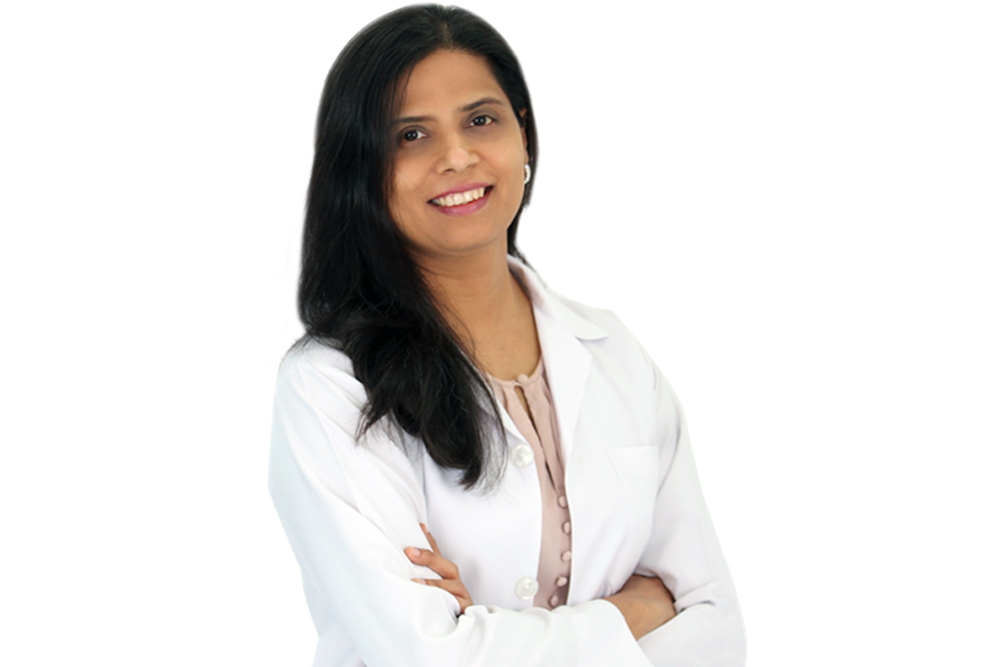September is Healthy Ageing Month, the perfect time to get started on better health practices and reflect on what you can do to age as well as possible. If you think it's too late to “re-invent” yourself, the annual occurrence, which is all about the positive aspects of growing old, is here to help encourage you to act how you feel instead of your actual age.

Dr Sharmila Tulpule
While healthy ageing includes a hale and hearty mental, social and financial state as well as physical wellness, preparing your body for a fit future is one thing we can do today. Here, Dr Sharmila Tulpule, a Specialist Orthopaedic Surgeon at the Saudi German Clinic, Jumeirah, focuses on how to stay bone-healthy. It’s a vital topic because as we grow older, the strength of our bones deteriorates, so it’s important you do what’s necessary to maintain strength, balance and bone health at all stages in our lives.
It’s never too late to begin taking steps to ensure you have healthy bones and joints, so here are some essential tips from Tulpule, one of the few female orthopaedic surgeons practicing in the GCC and UAE, to keep in mind.